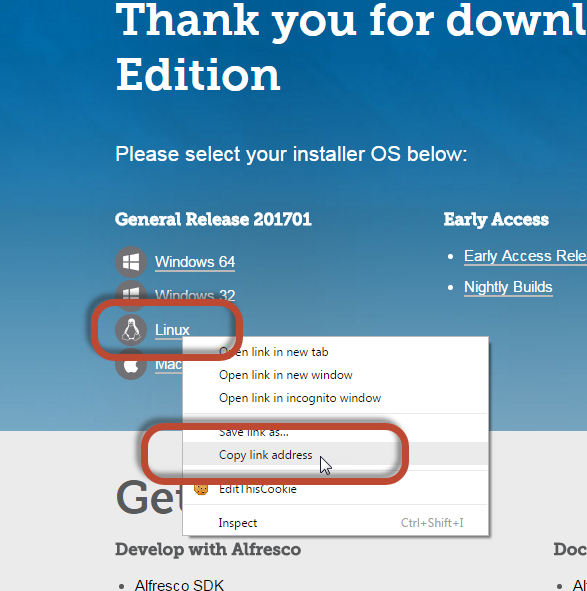

- #Ubuntu 16 install pip3 how to
- #Ubuntu 16 install pip3 android
- #Ubuntu 16 install pip3 download
- #Ubuntu 16 install pip3 windows
If you don’t have one already, you can readily deploy a high-performance, fully managed cloud VPS at only $3.71. Prerequisitesīefore you get started, you need an instance of Ubuntu 20.04 with a sudo user.
#Ubuntu 16 install pip3 how to
In this tutorial, we will show you how to install Pip on Ubuntu 20.04. For older systems, you will need to install it. PIP comes included by default in Linux systems running Python 3.4 and later. It allows you to install, and manage Python packages in an easy and convenient manner. So what is it? Pip is the defacto package manager for Python packages. # Should print: # Target //mediapipe/examples/android/src/java/com/google/mediapipe/apps/objectdetectiongpu:objectdetectiongpu up-to-date: # bazel-bin/mediapipe/examples/android/src/java/com/google/mediapipe/apps/objectdetectiongpu/objectdetectiongpu_deploy.jar # bazel-bin/mediapipe/examples/android/src/java/com/google/mediapipe/apps/objectdetectiongpu/objectdetectiongpu_unsigned.apk # bazel-bin/mediapipe/examples/android/src/java/com/google/mediapipe/apps/objectdetectiongpu/objectdetectiongpu.apk # INFO: Elapsed time: 144.462s, Critical Path: 79.47s # INFO: 1958 processes: 1 local, 1863 processwrapper-sandbox, 94 worker.If you have used Python before, chances are that you have heard of PIP. Consider setting $ANDROID_NDK_HOME environment variable to be /root/Android/Sdk/ndk-bundle/android-ndk-r19c # Set android_ndk_repository and android_sdk_repository in WORKSPACE # bazel build -c opt -config =android_arm64 mediapipe/examples/android/src/java/com/google/mediapipe/apps/objectdetectiongpu:objectdetectiongpu
#Ubuntu 16 install pip3 android
# Should print: # Android NDK is now installed.

#Ubuntu 16 install pip3 windows
The Windows directory of the Linux Subsystem can be found in C:\Users\YourUsername\AppData\Local\Packages\CanonicalGroupLimited.UbuntuonWindows_SomeID\LocalState\rootfs\home Note: All the following steps will be executed in WSL.
#Ubuntu 16 install pip3 download
Note: Windows’ and WSL’s adb versions must be the same version, e.g., if WSL has ADB 1.0.39, you need to download the corresponding Windows ADB from here. Install Windows ADB and start the ADB server in Windows. Alternatively, you use a video file as input.įollow the instruction to install Windows Sysystem for Linux (Ubuntu). Unless you compile OpenCV with FFMPEG and GStreamer in WSL, the live demos won’t work with any cameras. Note: The pre-built OpenCV packages don’t support cameras in WSL.

Installing on Windows Subsystem for Linux (WSL) If you run into a build error, please read Troubleshooting to find the solutions of several common build issues. # For OpenCV 4.x # "include/opencv4/", ],Ĭ:\Users\Username\mediapipe_repo>bazel build -c opt -define MEDIAPIPE_DISABLE_GPU=1 -action_env PYTHON_BIN_PATH="C://python_36//python.exe" mediapipe/examples/desktop/hello_worldĬ:\Users\Username\mediapipe_repo>set GLOG_logtostderr=1Ĭ:\Users\Username\mediapipe_repo>bazel-bin\mediapipe\examples\desktop\hello_world\hello_world.exe Includes = [ # For OpenCV 3.x "include/", Hdrs = glob ([ # For OpenCV 3.x "include/opencv2/**/*.h*", Assume OpenCV would be installed to /usr/local/ which is recommended by default. You may need to modify WORKSPACE and opencv_linux.BUILD to point MediaPipe to your own OpenCV libraries. Follow OpenCV’s documentation to manually build OpenCV from source code. This option will do all steps defined in Option 3 automatically. Run setup_opencv.sh to automatically build OpenCV from source and modify MediaPipe’s OpenCV config. Includes = [ # Uncomment according to your multiarch value (gcc -print-multiarch): # "include/aarch64-linux-gnu/opencv4/", # "include/arm-linux-gnueabihf/opencv4/", # "include/x86_64-linux-gnu/opencv4/", "include/opencv4/", Hdrs = glob ([ # Uncomment according to your multiarch value (gcc -print-multiarch): # "include/aarch64-linux-gnu/opencv4/opencv2/cvconfig.h", # "include/arm-linux-gnueabihf/opencv4/opencv2/cvconfig.h", # "include/x86_64-linux-gnu/opencv4/opencv2/cvconfig.h", "include/opencv4/opencv2/**/*.h*", ) # opencv_linux.BUILD for OpenCV 4 installed from Debian package This site uses Just the Docs, a documentation theme for Jekyll.


 0 kommentar(er)
0 kommentar(er)
